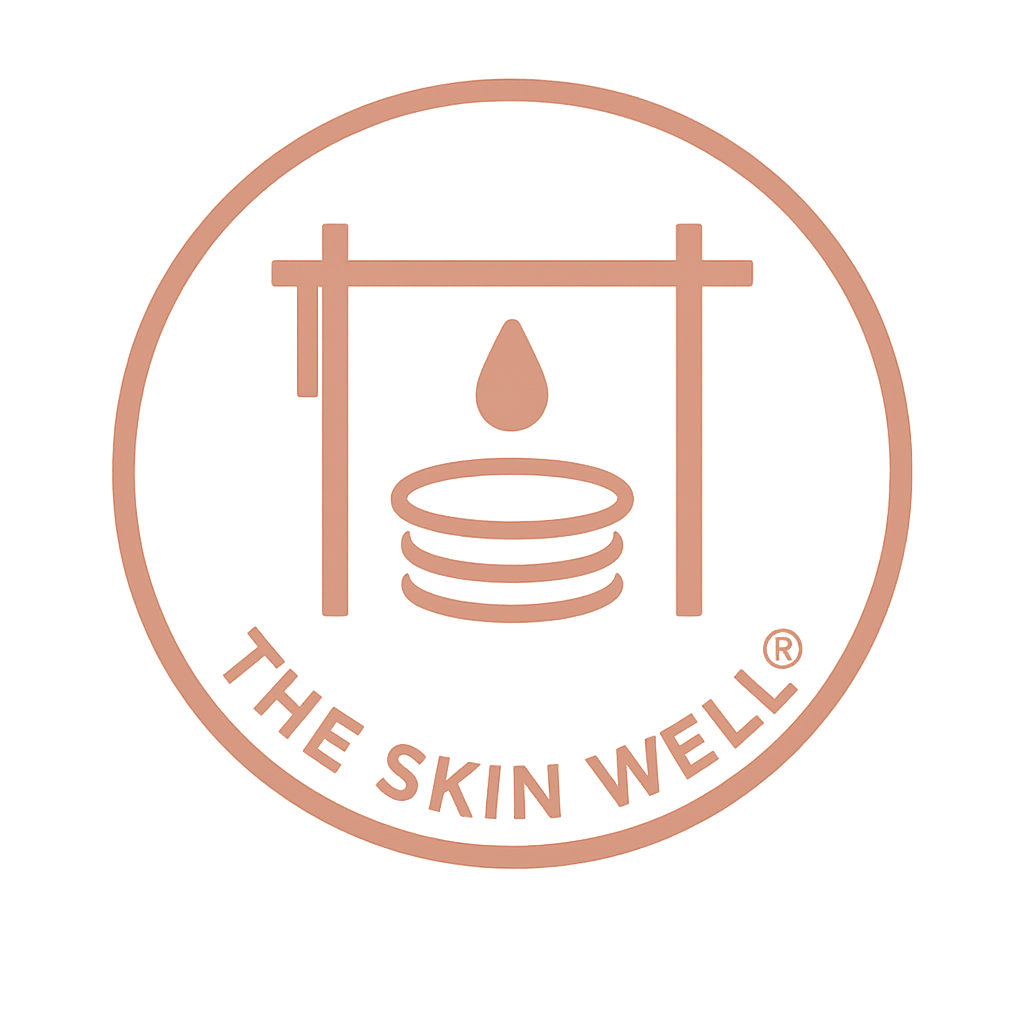Scenario Zero: A Quiet Case for Naming Skin in Public Health
Why it’s time to bring skin back into the national conversation.
Skin is our body’s largest and most visible organ - yet its health is rarely treated as a public health issue, until something goes wrong. A Case for Naming Skin in Public Health makes the argument for change. Quietly, it asks: What if we recognised skin as more than cosmetic? What if we treated it as a vital indicator of lifestyle, environment, and systemic wellbeing? This page lays the foundation for everything The Skin Well® stands for.
Every day, people silently suffer the effects of common skin conditions - eczema, acne, rosacea, psoriasis, and more. These aren’t just surface issues. They impact mental health, self-esteem, productivity, relationships, and healthcare demand. And they’re rising.
But beyond those with diagnosed conditions, skin health impacts us all.
What’s missing?
Not education entirely - many professionals receive training through beauty schools, colleges, and workplace learning. But because that training isn’t developed within any national health policy, the public has no co-ordinated access to skin health guidance - unless you already have a diagnosed skin condition.
What’s missing is accessible, consistent, evidence-informed public skin health education - the kind that supports prevention, confidence, and early action for everyone.
We teach dental hygiene, handwashing, and nutrition in schools - but not how to care for the skin. We offer NHS guidance for babies and teenagers, but little to nothing for children aged 5 to 12. And we have no clear, consistent messaging around everyday skin health across the lifespan.
This matters. Because when we neglect the skin, we miss the opportunity to:
• Build lifelong healthy habits
• Reduce preventable skin conditions
• Lighten the burden on NHS dermatology services
• Improve self-confidence and social inclusion
• Help people live without constant flare-ups, fear, or frustration
Some factors that influence skin, like UV exposure, and hormones, are already taken seriously in public health guidance. But other lifestyle and environmental factors like stress, relationships, air quality, and work environments, are quietly left out. And until they’re named, skin stays on the sidelines.
When skin is formally recognised as part of the health picture, people feel more confident acting on it, at home, in work places, in health services, and in everyday life. It gives skin a rightful place in everyday wellbeing, and helps everyone, not just those already struggling.
Why skin needs to be included - not just protected.
We’re finally beginning to talk about skin as a barrier worth protecting. The growth of corneotherapy, microbiome research, and skin-first product strategies shows we understand the skin matters. But until the public understands why it matters - how skin reflects internal health, interacts with its environment, and signals distress - we risk building a science-led sector with no public-facing foundation.
Skin needs to be named in public health education, not just addressed in clinical circles.
That means adding it back into guidance from the NHS, the Department of Health, education, housing, and employment policy - not as a new burden, but as a simple word added into existing, evidence-backed strategies. Skin is already part of the health picture. Now it’s time to say so.
This isn’t about pushing products.
It’s about pushing understanding.
Accessible, skin health-focused, evidence-informed education - for everyone.
Not just those who can afford professional support, or for those with existing skin conditions.
Because skin health is deeply linked to mental wellbeing, nutrition, sleep, our environments, and how we live day to day.
But until we name it and recognise it, people won’t feel confident talking about it - or acting on it.
Where do we start?
We start by naming it.
By including skin in existing systems that already value prevention, self-care, and whole-person health. This is the first in the series-A Quiet Case for National Skin Health - exploring where skin fits, and what small steps could make a meaningful difference.
Want to see the bigger picture?
Explore other scenarios to see how the pieces connect.
This quiet case emerged while developing The Happy Skin Leaflets - each based on the UK’s own public health guidance.
It wasn’t a theory. It was a pattern - seen slowly, leaflet by leaflet. Skin, it turned out, was almost never mentioned.
📬 Related Open Letters:
Open Letter 2: Have We Privatised Skin?
Open Letter 5: A Quiet Call to Include Skin in Public Health
Last updated May 2025
The Skin Well®
A grassroots, evidence-aware initiative supporting public skin education.
👉 @theskinwell_
Disclaimer
A Quiet Case for National Skin Health is part of an independent advocacy series by The Skin Well™. These pieces are written from lived professional experience and personal reflection. They are intended to raise questions, highlight gaps, and explore opportunities for public health improvement.
They do not replace professional medical advice, and they do not represent the views of the NHS or any governmental body.
If you spot an omission or believe any of the information is inaccurate, please get in touch. I’ll review it and make updates where appropriate
© 2025 Jacqui de Jager | The Skin Well® & The Happy Skin Clinic®
All rights reserved. This leaflet is for personal use and education only. It may not be reproduced, distributed, or adapted without written permission.
